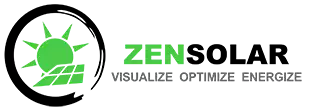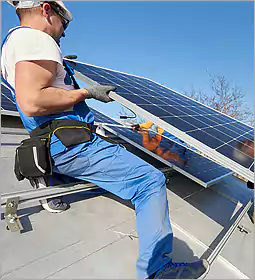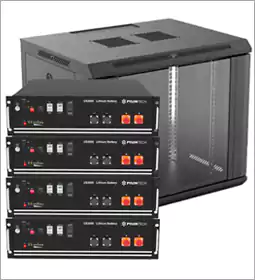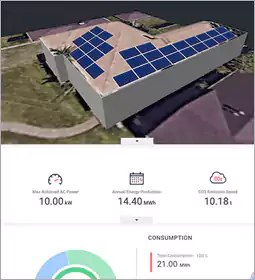Solar PV Panels - Are they all the same?
There is a difference between the solar panels available. Knowing these will enable you to make the right decision when investing in your solar system
This is a good question to ask yourself before purchaing your panels. Are teh all the same? They differ in a few ways and this can make a big difference to your efficiency, and power produced.
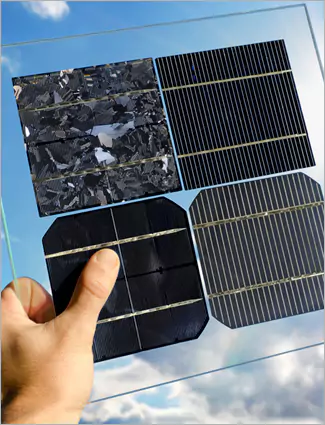
Monocrystalline vs. Polycrystalline vs. Thin-Film Solar Panels
The first set of terms describes how solar cells are formed out of raw materials.
Traditional solar cells are made from silicon, a conductive material. The manufacturer shapes raw silicon wafers into uniformly-sized silicon cells.
Solar cells can either be monocrystalline (cut from a single silicon source) or polycrystalline (from multiple sources). Let’s look at the differences between the two options.
Monocrystalline Solar Panels
Monocrystalline solar panels contain cells that are cut from a single crystalline silicon ingot. The composition of these cells is purer because each cell is made from a single piece of silicon.
As a result, mono panels are slightly more efficient than poly panels. They also perform better in high heat and lower light environments, which means they will produce closer to their rated output in less than ideal conditions.
However, they cost more to produce and that higher cost is passed on to the buyer. Mono panels are a bit more expensive than poly panels of the same wattage.
The manufacturing process for mono panels is also more wasteful than the alternative. Mono panels are cut from square silicon wafers and the corners are shaved off to make the distinct cell shape shown in the picture below.
Lastly, mono panels have a uniform black look because the cells are made from a single piece of silicon. I personally think these look better than poly panels, but obviously, that is just a matter of preference.
Polycrystalline Solar Panels
Polycrystalline solar cells are blended together from multiple pieces of silicon. Smaller bits of silicon are molded and treated to create the solar cell. This process is less wasteful because hardly any raw material is thrown out during manufacturing.
The blended makeup of the cells gives poly panels their iconic blue color. If you look at them up close, you’ll see the texture and color is uneven due to the way the cells are made.
Poly solar panels are slightly less efficient than mono panels due to imperfections in the surface of the solar cells. Of course, they’re cheaper to manufacture which means they cost less for the end-user.
Thin Film Solar Panels
The majority of solar panels deployed today are made from either monocrystalline or polycrystalline solar cells.
There is a third type of solar technology, called thin film panels, which are usually deployed for large-scale utility projects and some specialty applications. Thin film panels are created by depositing a thin layer of conductive material onto a backing plate made of glass or plastic.
Thin film panels typically don’t see use in residential installs because they’re much less efficient than mono or poly panels. With roof space at a premium, residential customers go with more traditional crystalline silicon panels to maximize production from the space available to them.
However, thin film technology is less expensive to manufacture, and it becomes a more cost-effective option at a larger scale. For commercial and industrial projects without any space restrictions, the lower efficiency of thin film technology doesn’t really matter. Thin film panels often end up being the most cost-effective option in these situations.
In addition, if you’ve ever seen flexible solar panels on an RV or boat, thin film technology is what makes those possible.
Because they are (as the name implies) much thinner than a traditional silicon wafer, the thin film can be deposited onto plastic to create flexible solar panels. These panels are especially nice for RVs and mobile use when you might not have a flat surface to mount the panel.
